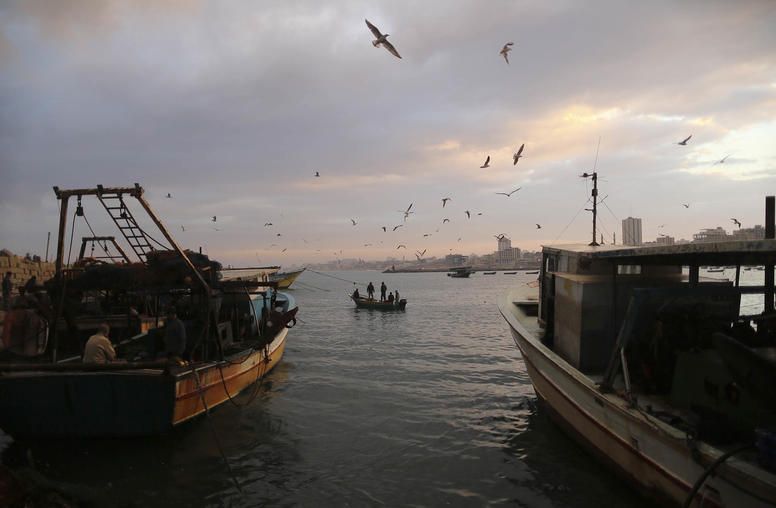The Arab Spring
Chester A. Crocker analyzes the “awakening” of new trends in the Arab world and North Africa and makes recommendations for the United States.
April 25, 2011
Chester A. Crocker analyzes the “awakening” of new trends in the Arab world and North Africa. Ambassador Crocker is the James R. Schlesinger Professor of Strategic Studies in the School of Foreign Service at Georgetown University. He is also a member of the Board of Directors of the United States Institute of Peace.
***
The "Awakening" means power realignments at the intra-Arab level - a time of transition to a new regional configuration. The region may be in flux for some years before a new pattern of stable relations emerges. There are likely two dominant factors - the re-emergence of Egypt as a leading Arab power and the assertion by Arab voices of their right and necessity of returning to play an active role in shaping their fate.
This great realignment is not anti-U.S. or anti-Israeli. But it rejects passive dependence upon leadership from outside and from non-Arab regional neighbors (Iran, Turkey, Israel).
The outcome and destination of the realignment is far from settled. The orientation of two key states - Syria and Iraq - is in flux. Saudi Arabia appears to be stable but faces a major generational transition that will place a heavy burden on princely wisdom.
It is possible that the Arab Awakening will check Iranian influence and undercut the attractions of Al Qaeda and the jihadis. But these things are by no means guaranteed. They depend on future Arab decisions and on the way the U.S., Israel and other partners play their cards.
Each land affected by the contagion of Awakening is different. In each place U.S. interests are different. And in each place the regimes and the opposition voices represent different tendencies. While a case-by-case policy is hard to explain and to conduct, it is not as bad as a formulaic response in which the U.S. reflexively tilts in a predetermined direction.
As we know from history, revolutions devour their children and the ultimate beneficiaries are likely to be those most adept at filling the security vacuum left open by the destruction of a previous order. The implication for the U.S.: proceed with care and a close analysis of every affected country.
There are several things we, the United States, must work to avoid: (a) we cannot assume that the "street" is a voice of democracy; (b) we cannot afford further damage to our reputation as a reliable friend of strategically important governments; (c) we do not want to "own" these diverse transitions or to acquire responsibility for making fundamental choices of political succession. When we do get involved due to extreme abuses or uprisings against illegitimate tyrants, we will need company, cover, and deep knowledge of local conditions.
And we will need to see the job through to completion.
Explore Further
- Eye on the Middle East and North Africa - Experts from the U.S. Institute of Peace (USIP) are closely following developments throughout the Middle East and North Africa. In a series of reports and interviews, they cover a wide range of issues.



